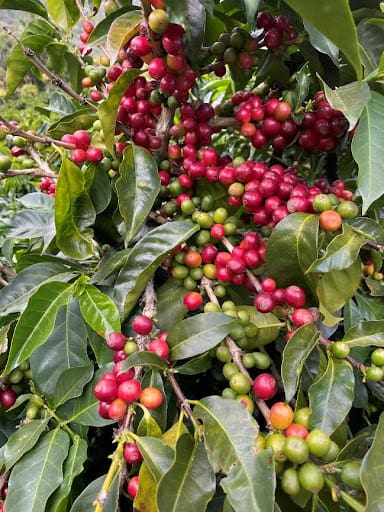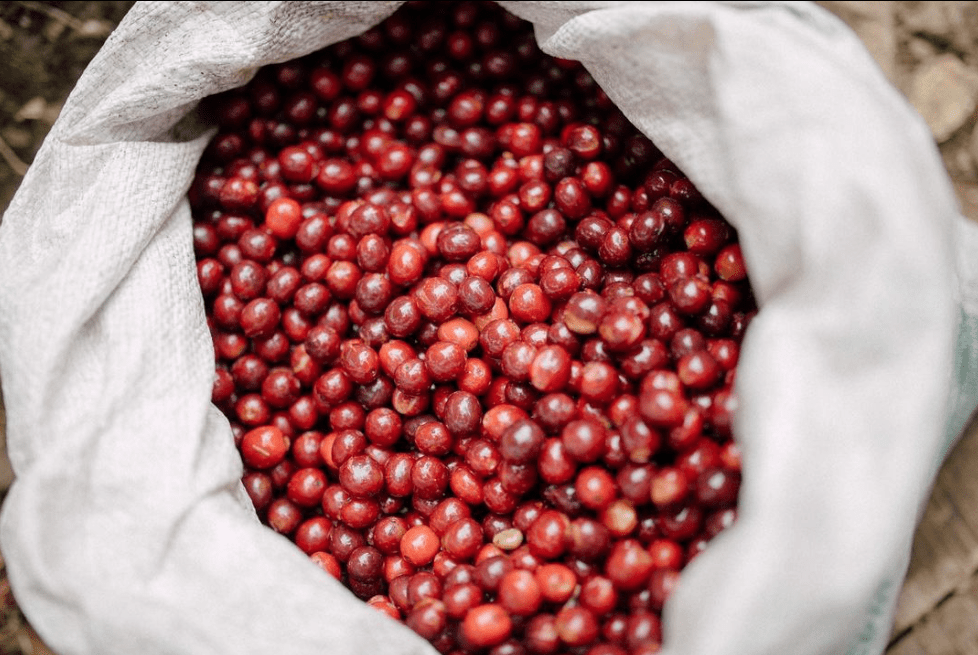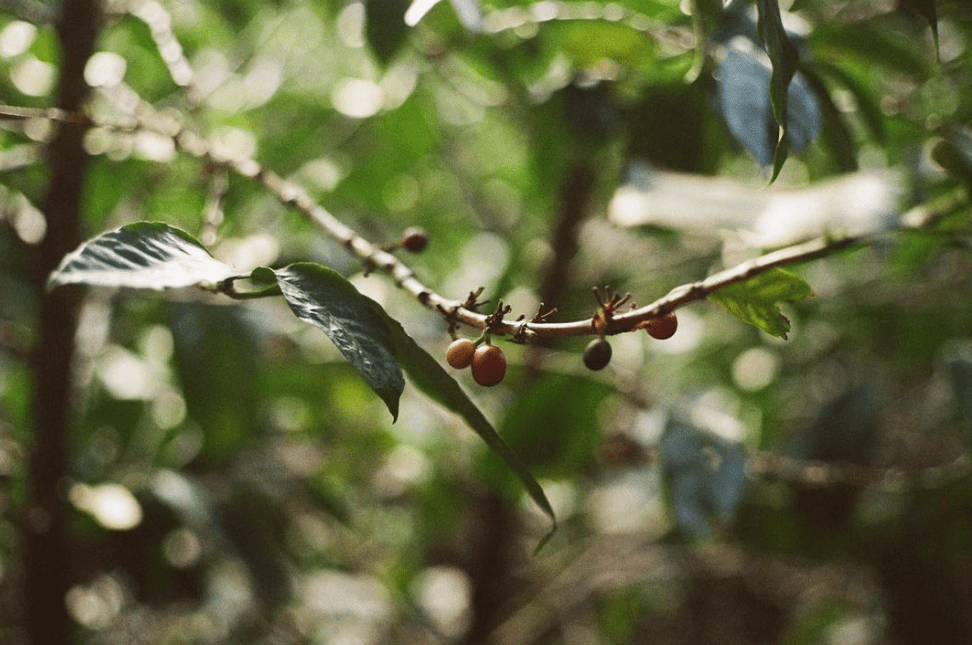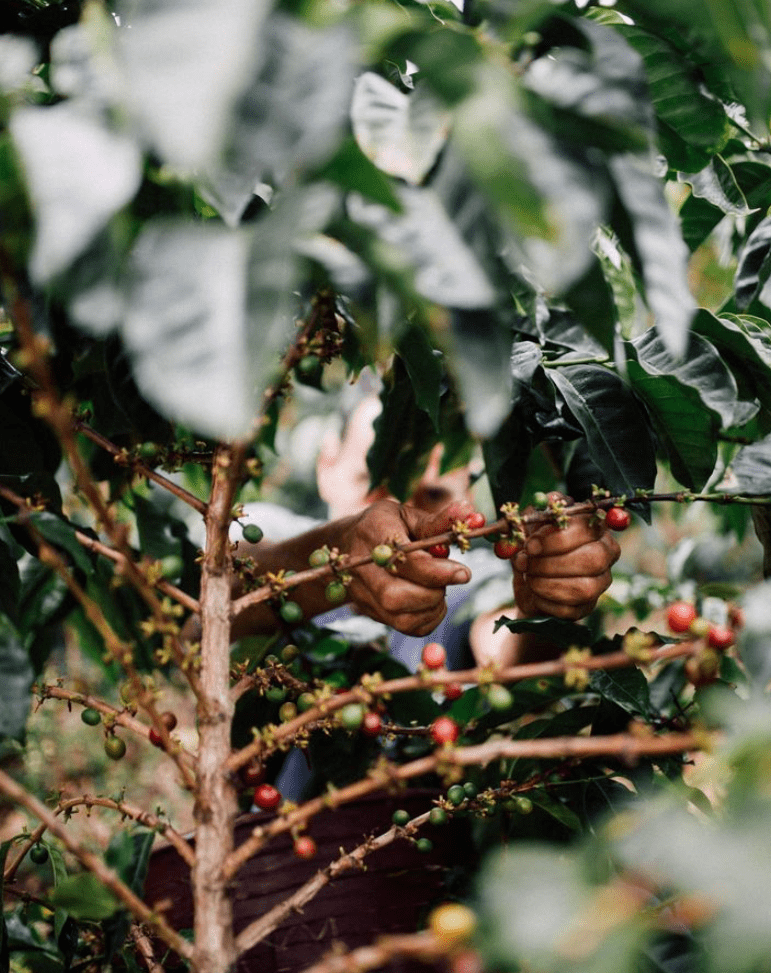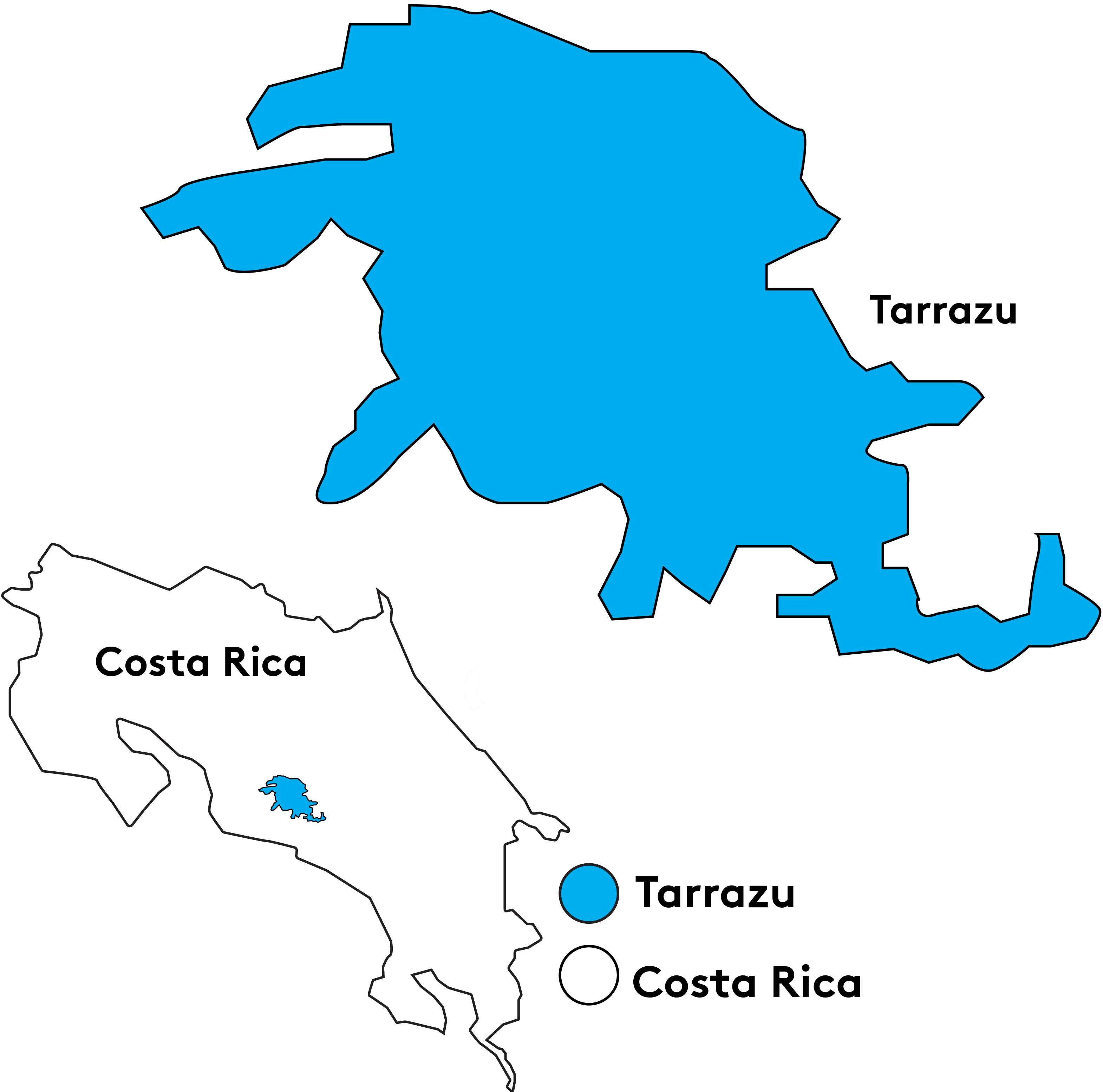Coffee producer Alfredo Monge began planting coffee at his Finca El Cedral in Tarbaca, Aserrí, Costa Rica in 2015. Alfredo’s history with coffee dates to the 1970s, and today El Cedral is just one of the properties he owns and oversees.
As a producer, Alfredo’s main goal is to produce high quality coffee and to continue improving each year. To achieve this, he has been implementing certain practices at his farm such as applying calcium sulfate as a natural fungicide for his plants. Currently, Alfredo processes all of his coffee at the Roble Negro micromill.
This coffee was processed at Jorge Vasquéz Ureña’s Roble Negro micromill in the town of Aserrí in Costa Rica’s Tarrazú region. The micromill partners with local coffee growers like Alfredo Monge Garbanzo to produce quality, traceable lots and to help facilitate access to international markets. The mill was founded in November 2019, initially only fitted with drying beds and patios. The team made several important investments in the mill in 2020, growing the infrastructure to be able to process Natural, Honey, and Washed coffees. Currently the mill’s infrastructure includes:
The Roble Negro micromill is well-known for its high-quality standards and thoughtful sustainability practices. Operations at the mill aim to reduce the use of nonrenewable resources like water and electricity, repurpose waste products into natural fertilizers, and even ensure that the GrainPro used for packing and shipping coffee is reused or recycled by the mill’s global partners.
This lot of Catuai coffee underwent Honey processing at Roble Negro. Harvested cherries were sorted via floatation before being pulped. The pulped coffee was then moved to raised drying beds where it was dried for 9–12 days to reach 11% humidity. Dried coffee was rested in the mill’s warehouse for at least two months before being milled and packaged for export.


